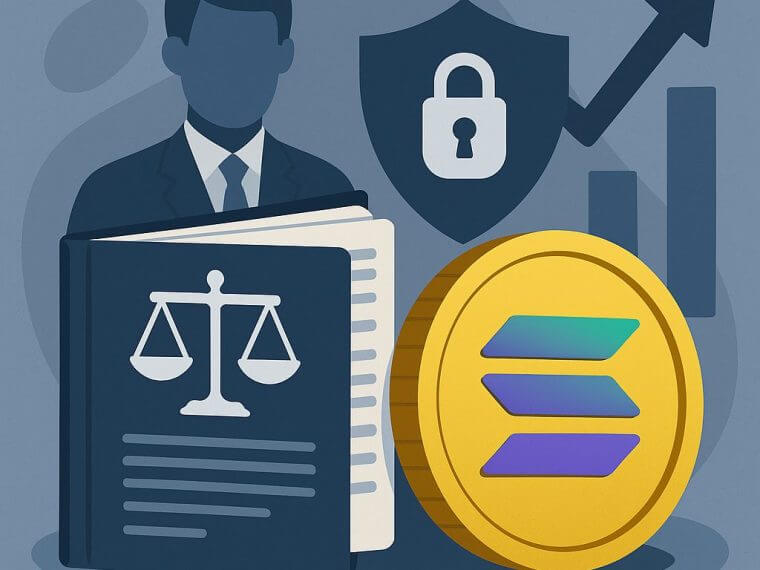Sam Bankman-Fried (SBF) is moving to overturn his fraud conviction and 25-year prison sentence as his appeals process begins today.
The FTX founder’s legal counsel will argue that he was presumed guilty before he was even charged.
SBF Takes His Case to Court
As oral arguments for SBF’s appeal get underway in Manhattan this week, the 33-year-old founder of the collapsed FTX exchange is seizing the moment to distance his name from words like “deception” and “betrayal.”
Sponsored
Sponsored
Since a jury convicted SBF on seven counts of fraud and conspiracy two years ago, he and his legal team have been working on building his chances of an appeal to overturn his 25-year prison sentence.
During oral arguments, SBF’s attorney, Alexandra Shapiro, will argue that her client was treated as guilty from the outset, paving the way for a biased trial that ultimately resulted in his conviction.
She argued that bias, procedural errors, and the court’s refusal to let the defense present crucial evidence tainted the trial.
Sponsored
Sponsored
Inside the Government’s Case Against SBF
SBF’s conviction stemmed from the collapse of FTX and its sister firm, Alameda Research, following the 2022 crypto market crash.
Prosecutors alleged that he misled customers while secretly using client funds to prop up Alameda and finance other ventures. The trial took place in the Southern District of New York before Judge Lewis A. Kaplan.
In November 2023, a jury found SBF guilty. The charges followed months of market turmoil, during which Bitcoin lost more than half its value, major crypto players like Luna and Three Arrows Capital imploded, and bankruptcies erupted across the sector.
Alameda’s heavily crypto-linked holdings plunged in value, forcing emergency repayments and exposing deep liquidity problems that ultimately led to FTX’s collapse.
The government argued FTX was a fraud from inception, claiming SBF built it to funnel customer funds to Alameda. Prosecutors said he used the money for high-risk bets, real estate investments, and political donations, while misleading investors about FTX’s stability.
Sponsored
Sponsored
Former executives testified that he authorized deceptive balance sheets and concealed Alameda’s massive debt.
Yet, according to SBF’s legal defense, there was another way to view FTX’s demise.
SBF’s Lawyers Say Evidence Was Silenced
In her brief, Shapiro argued that the jury never got to see the full picture of FTX’s collapse.
She maintained that SBF acted in good faith and believed FTX and Alameda were solvent when the market panic hit. The defense was prepared to show that FTX’s downfall stemmed from a liquidity crunch driven by a surge in customer withdrawals, rather than from insolvency.
Sponsored
Sponsored
She argued the court blocked key evidence proving the companies’ solvency while letting prosecutors present their version unchallenged. It also excluded most expert witnesses and restricted the testimony of the one permitted to appear. As a result, SBF was forced to rely mainly on his own account.
The Second Circuit is expected to take several months to issue a decision following this week’s oral arguments.
If the court sides with SBF, his case could be sent back for a new trial. Such a move would reopen one of the most high-profile fraud cases in the history of cryptocurrency.
Source: https://beincrypto.com/sbf-launches-appeal-claims-he-was-presumed-guilty-before-trial/


